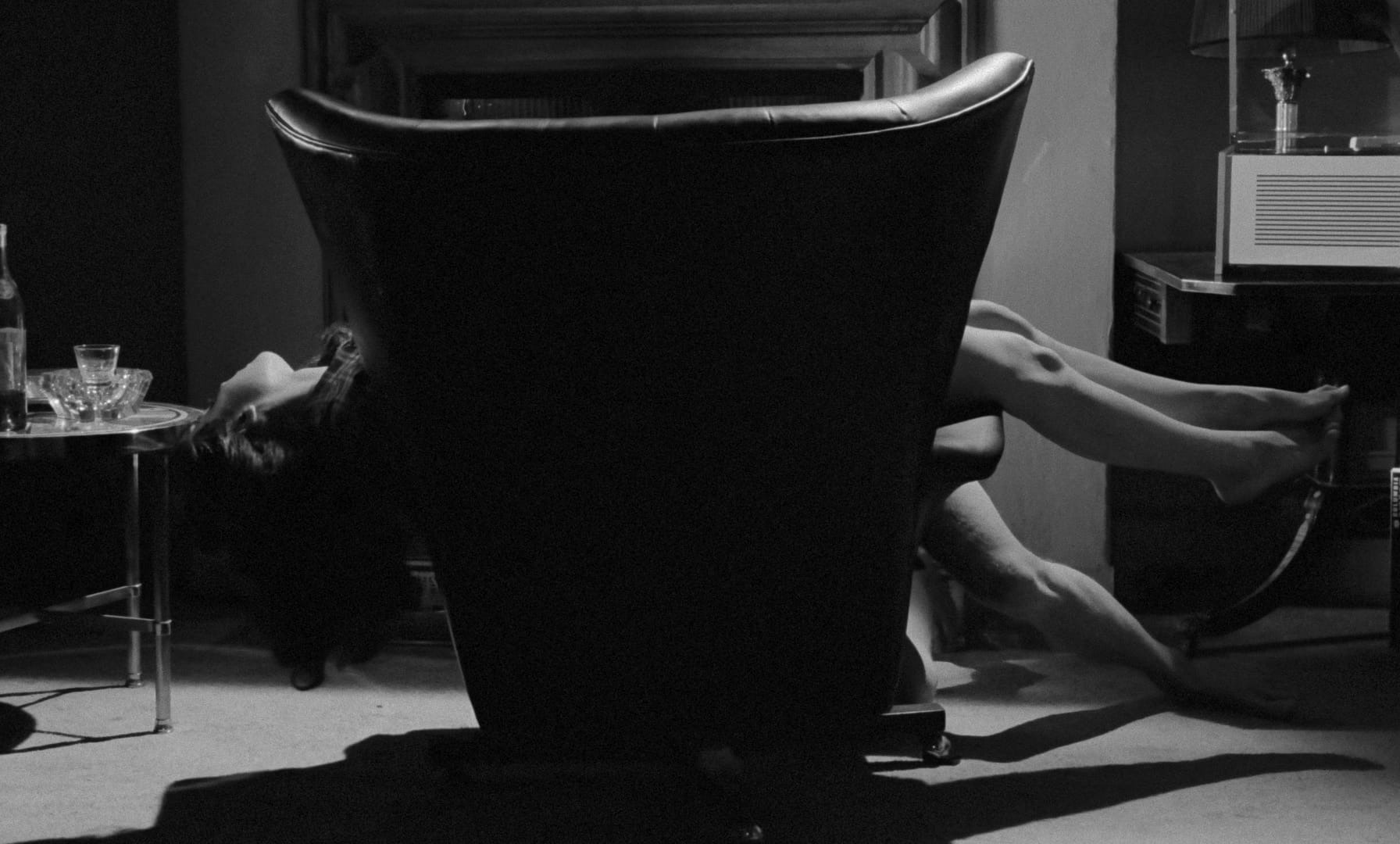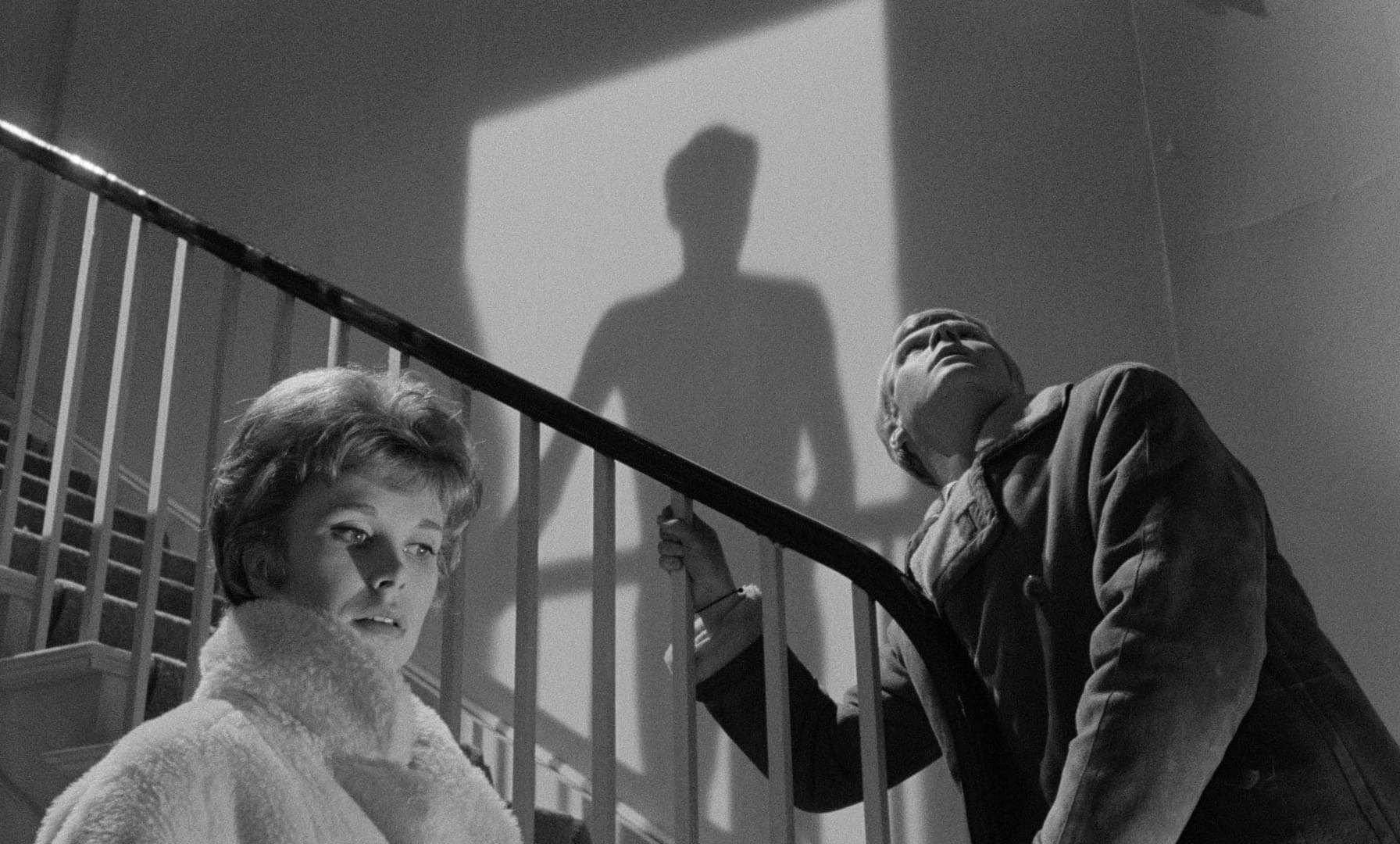RELATED ARTICLE
Mr. Klein: It’s All in the Name
The Criterion Collection

In 1960, presiding over the British obscenity trial of D. H. Lawrence’s 1928 novel Lady Chatterley’s Lover, Judge John Mervyn Guthrie Griffith-Jones inadvertently shed light on another cultural issue altogether. After he asked the jury whether the book was something “you would even wish your wife or your servants to read,” he was greeted with laughter from its members, many of whom represented segments of English society very different from the one he inhabited. Their reaction revealed how radically British attitudes toward hired domestic help had changed since the end of World War II. Improved standards of living and access to education in England had caused a disruption of hierarchies and a relative decline in social difference. The judge’s words became an example of how out of touch the old guard was. Servants indeed!
When Robin Maugham, nephew of the writer W. Somerset Maugham, published his novella The Servant in 1948, it was more common for paid staff to be living in cramped quarters, working long hours—for them to be people who knew their place. In the book, a young man named Tony returns to London from the war. His parents are dead, and he feels alone. On the advice of a friend (the narrator of the novella), Tony decides to employ a manservant named Hugo Barrett, who speaks “in a prissy, affected voice” and pronounces “sir” as “sahr.”
Maugham introduces Barrett’s physical appearance in odd and ambiguous detail: his “shoulders were narrow, and his hands were long and bony. One expected his mouth to match his features. But in the middle of his sallow face were stuck a pair of rosebud lips, which gave him the look of a dissolute cherub.” Slowly, he becomes indispensable: “He does everything for Tony. He cooks, he sweeps, he makes the cocktails, he turns on the radio, turns on his bath, takes off his shoes.” Barrett also begins to take control, so that it eventually grows unclear who is the master and who is the servant.




